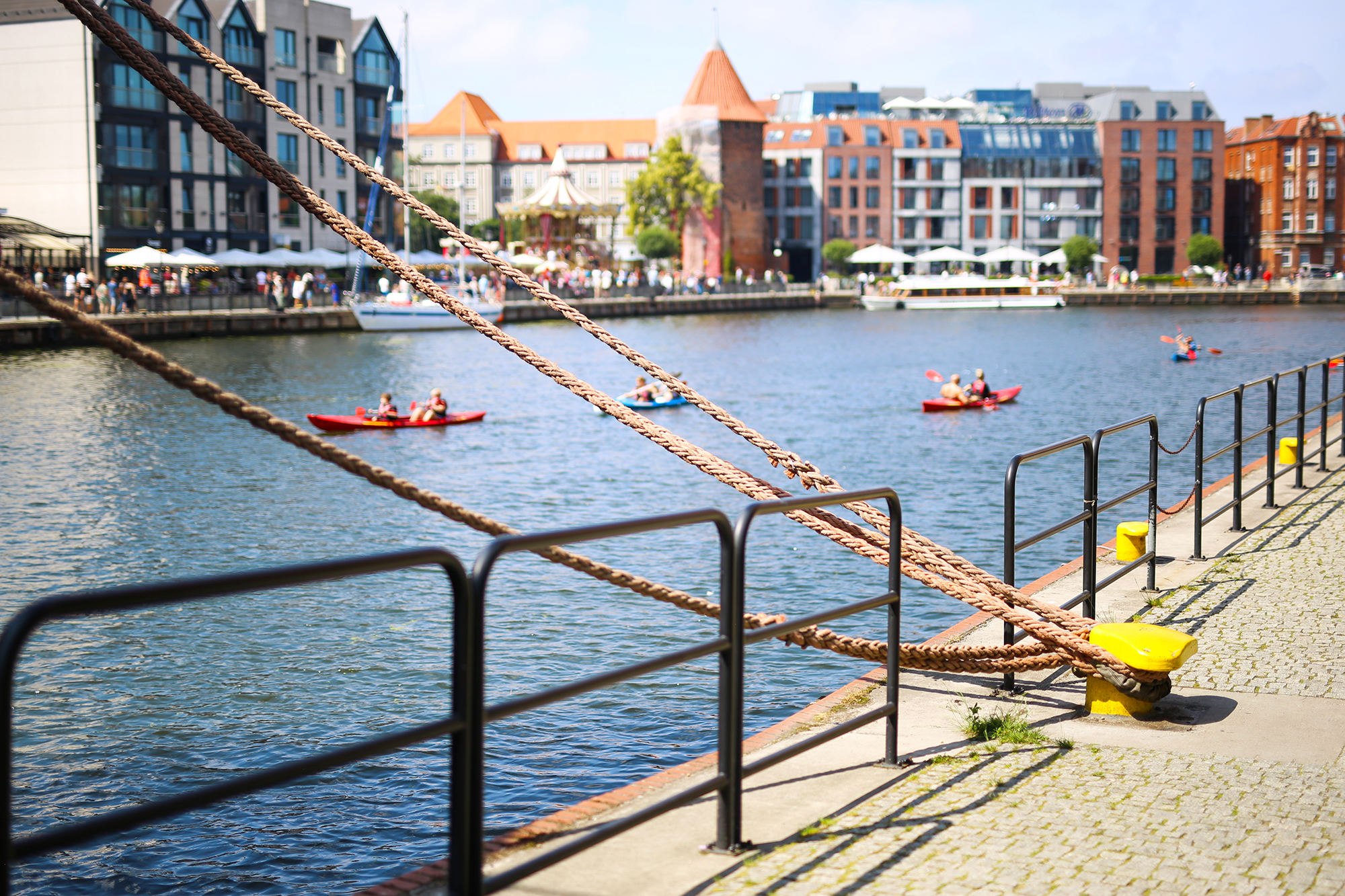UBC Strategic framework
Despite the ongoing Covid-19 pandemic, the end of the 2021 has been very active for the UBC Sustainable Cities Commission due to several important milestones. Firstly, on 29 October 2021, the new UBC Strategy 2022 – 2030 “Cities together for a sustainable Baltic Sea Region” was adopted at the XVI UBC General Conference after a year-long preparatory phase, and our Commission was strongly involved in the process of development of the Strategy together with the Task Forces, Working Groups, UBC Commissions, Brussels Antenna, General Secretariat and the Presidium.
The Strategy planning was initiated at the end of the 2020 by the decision of the UBC Executive Board amplifying the involvement of all member cities and stakeholders in the inclusive, collaborative, and transparent process of planning of the future network directions. With the use of collaborative tools, we have carried out several interactive workshops where we have reflected on lessons learned, evaluated past activities, explored existing opportunities, and elaborated new ways of working to reinforce cooperation within the network and beyond.
This long-term strategic framework provides a clear vision, mission and priority goals for UBC for the years 2022 – 2030 to become leading network of cities and municipalities in the Baltic Sea Region.
Our mission is to support our member cities within our network and beyond, improve their capacity to achieve goal-oriented results, impact regional policymaking, and build their overall resilience towards becoming more sustainable.
The Strategy elevates the need to create a joint voice for cities in the region, regardless of their size, as different perspectives of the cities ensure richness, where common goals and solutions can be found. The Strategy also strives to connect member cities with other European regions and beyond, through advocacy in Brussels and active networking with relevant stakeholders and organizations for more coherent efforts in implementation of overarching EU policies i.a. EU Green Deal, EU Missions and New European Bauhaus. On a global level, UBC aims to actively implement the UN Agenda 2030 through the Sustainable Development Goals (SDGs) that are considered in every Commission’s work and in growing number of UBC member cities engaged in bringing the SDGs into their city strategies. Further, UBC continues strategic cooperation with the world’s leading organization on voluntary climate reporting, CDP, with a growing number of UBC member cities showing climate leadership by disclosing their climate related data through CDP and thus contributing to a more sustainable future of the region.
Internally, the new Strategy stands for improved coordination and communication between UBC bodies towards member cities, and introduce important areas of cooperation which are: Culture, Inclusiveness, Integration and health, Safety, Smart development, Sustainability and Climate change, Sustainable urban planning, Youth involvement and well-being.
UBC Sustainability Action Programme 2022 – 2030
Along with the Strategy, the UBC Sustainability Action Programme 2022 – 2030 has been developed to steer concrete activities and actions towards strategic objectives and vision of the UBC network towards 2030. The UBC Sustainability Action Programme has been developed through the inclusive process that has engaged the whole network i.a. UBC leadership, Commissions and Experts working groups. The Programme was formed by considering signals from member cities on interests, needs and goals for the next decade to create sustainable Baltic cites. Climate change as well as localisation of the UN 2030 Agenda for Sustainable Development take the central role in the Programme and are integrated in all five topics of our future cooperation: water, mobility, energy, biodiversity and resource efficiency. Each topic includes a set of concrete measures which cities can implement to advance their progress towards more sustainable urban environments.
Preparation of the Strategy and Sustainability Action Programme 2030 is an important step towards building a more inclusive, result-oriented, impact driven and dynamic city network and a platform for close collaboration towards a sustainable, green, safe and resilient Baltic Sea Region. Through the implementation of the Programme, UBC aims to identify and leverage the different methods in use in UBC cities to monitor the progress on sustainability activities in the region and align them with ongoing monitoring and reporting initiatives such as CDP (global climate disclosure system) and Voluntary Local Reviews (monitoring the SDGs at local level).
With the Strategy 2030 and Sustainability Action Programme 2030, UBC commits to awareness-raising and partnership, actively reinforcing knowledge and distributing know-how in the region by providing tools for better communication, close collaboration, joint training and dissemination of information on sustainability.
To improve the visibility UBC SCC activities, in September 2021 we have started the process of renewing the website to better reflect the new strategic focus and topics of future cooperation.
